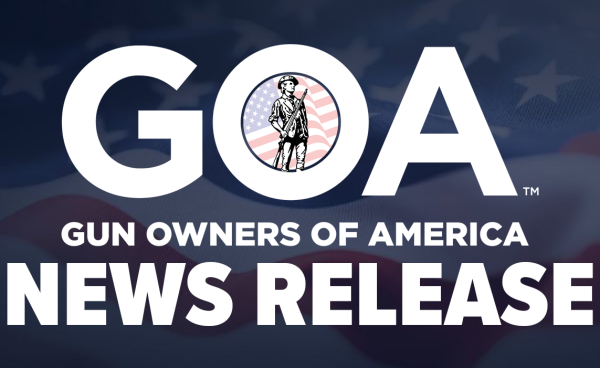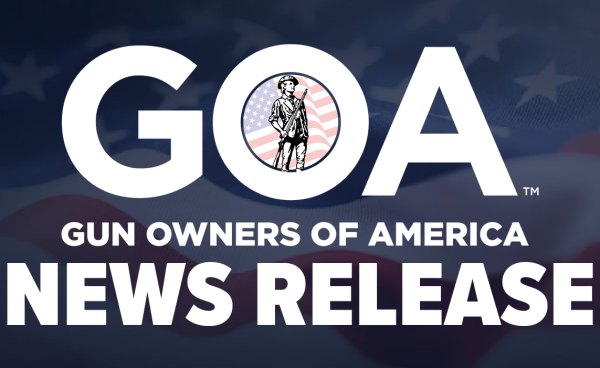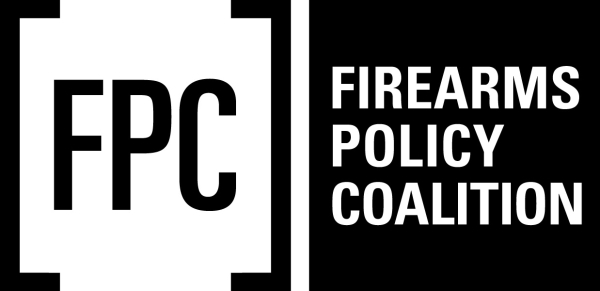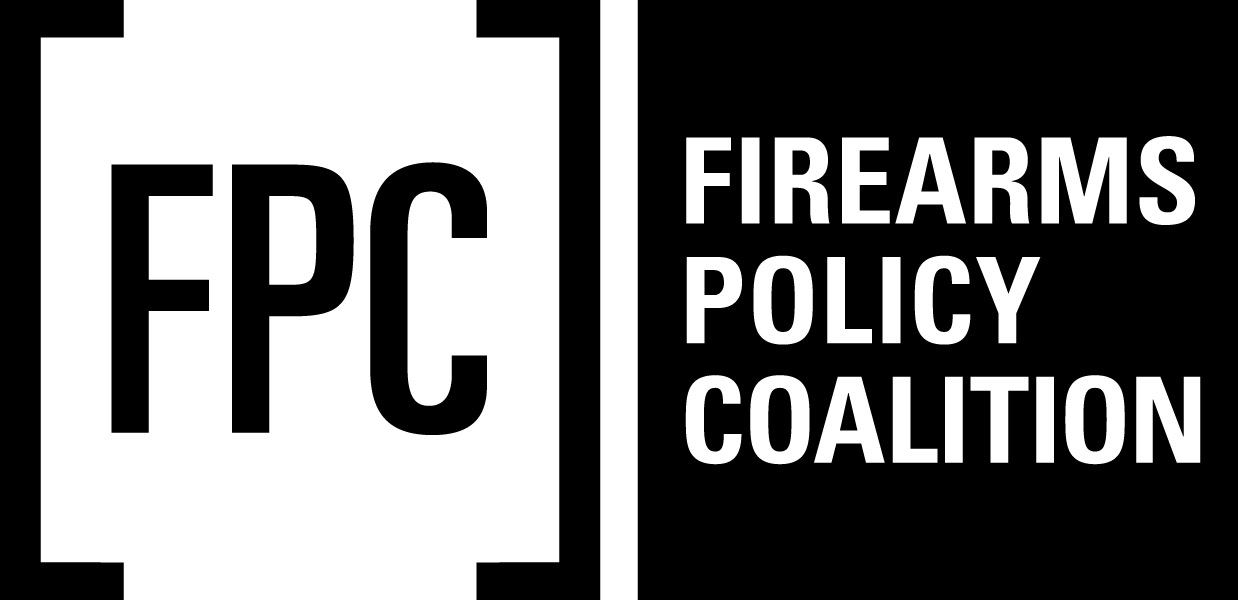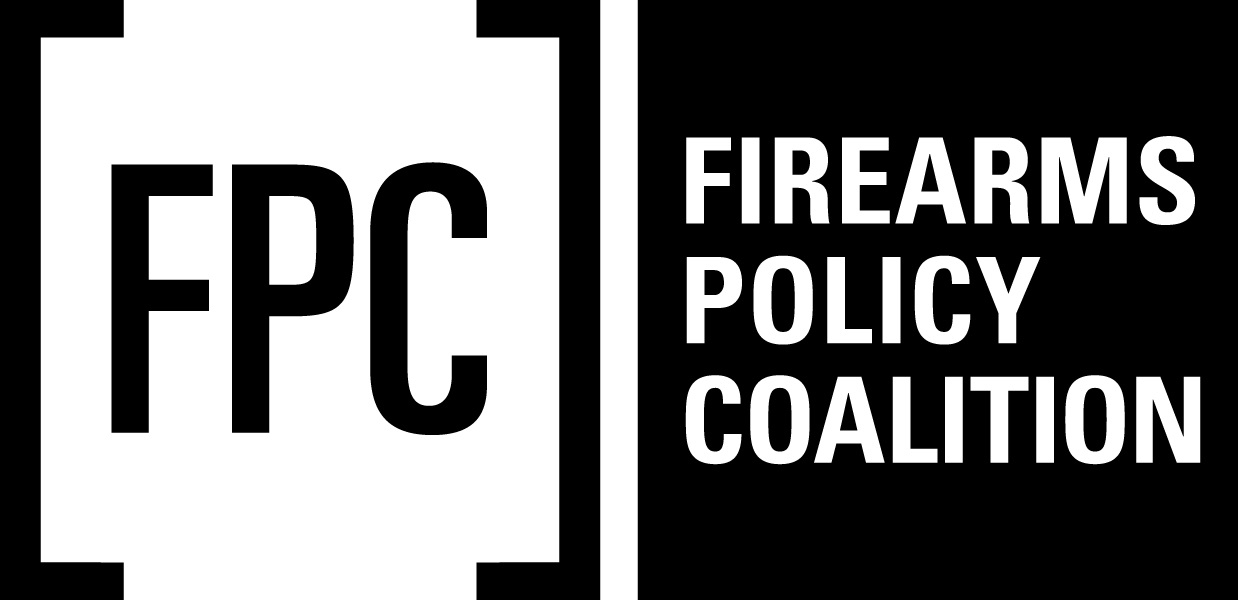Gun Owners of America (GOA) applauded the inclusion of the Constitutional Hearing Protection Act (CHPA) in the latest budget reconciliation package, which repeals the $200 suppressor tax and registration—thus removing one of the most senseless burdens on law-abiding gun owners.
This long-awaited win will make suppressors more accessible for millions of Americans, improve hearing safety for shooters, and mark a significant rollback of federal overreach under the archaic and unconstitutional National Firearms Act of 1934.
GOA thanks Rep. Andrew Clyde (R-GA) for his leadership in championing the CHPA and fighting to include it in reconciliation. However, GOA continues to push for the full repeal of the NFA’s short-barreled rifle tax and registration provisions through the inclusion of Sec. 2 of the SHORT Act in the Senate’s budget reconciliation package.
Erich Pratt, Senior Vice President of Gun Owners of America, issued the following statement: “Eliminating the suppressor registration and tax is a major step forward for liberty and safety. This would not have happened without Rep. Clyde’s resolve and strategic leadership. Gun owners have one less unconstitutional hurdle to worry about—but we’re not done. The Senate needs to deliver on President Trump’s campaign promise to protect gun owners from another ban on short-barreled firearms like the Biden Pistol Brace Ban.”
Aidan Johnston, GOA’s Director of Federal Affairs, added: “Gun Owners of America fully supports Sec. 112029 of the One Big Beautiful Bill Act. The elimination of the NFA’s unconstitutional excise tax & registration of suppressors is a massive victory for the Second Amendment. Now, GOA is calling on the Senate to also protect short-barreled firearms!”
GOA spokesmen are available for interviews. Gun Owners of America is a nonprofit grassroots lobbying organization dedicated to protecting the right to keep and bear arms without compromise. GOA represents over two million members and activists. For more information, visit GOA’s Press Center.

